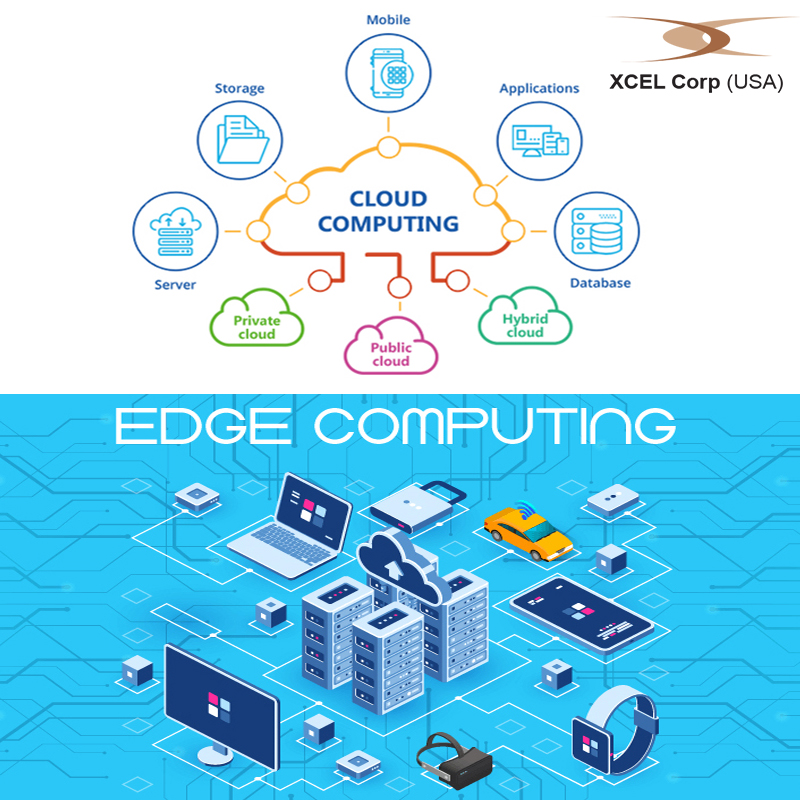 DevOps, as the name suggests, essentially combines development and information technology operations, to save on costs and duration of development. High-quality software is delivered along with continuous delivery plans so that the client is aware of every stage of the project. 2020 is a year full of innovations and transformations and has a lot in store for DevOps. According to Grand View Research, by 2025, the DevOps market is all set to soar to $12.85 billion. Even Statista indicates that while in 2017 there was an increase of about 10%, in 2018, there was a rise of at least 17%. Enterprises have already incorporated DevOps as part of their software development cycle thus experiencing an improvement in quality by at least 63% – this primarily due to the adoption of Agile and choice of high coding standards.
DevOps, as the name suggests, essentially combines development and information technology operations, to save on costs and duration of development. High-quality software is delivered along with continuous delivery plans so that the client is aware of every stage of the project. 2020 is a year full of innovations and transformations and has a lot in store for DevOps. According to Grand View Research, by 2025, the DevOps market is all set to soar to $12.85 billion. Even Statista indicates that while in 2017 there was an increase of about 10%, in 2018, there was a rise of at least 17%. Enterprises have already incorporated DevOps as part of their software development cycle thus experiencing an improvement in quality by at least 63% – this primarily due to the adoption of Agile and choice of high coding standards.
Benefits
• DevOps comes with several advantages for any organization involved in the SDLC
• When there is quick assessment response required, during the development phase, DevOps comes to the rescue
• Agile adoption is easy and collaboration between teams is smooth
• Bugs can be identified fast, and so are their resolutions
• Teams can be freed from deployment worries and can focus on core development
• Time to market is faster, as is self-improvement and cross-skilling
• Overall, the quality of the product is improved along with deliveries
DevOps Culture 2020
From CI to DevOps
In the year 2020, the usage of CI or Continuous Integration in the IT industry will slow down. CI, including Continuous code and binary, delivery and deployment, will be automated thus advancing planning and delivery.
Cybersecurity
Today, cybersecurity plays a crucial role in the functioning of information technology corporations. DevOps or DevSecOps integrates security with application development, where required. Vulnerabilities are minimized and the entire process remains protected and efficient.
Serverless architecture
DevOps teams will be able to simplify operations using the serverless architecture. Solutions used such as Lambda, AWS, Google Functions, etc. are cost-effective and enhance user experiences. Developer productivity increases with the serverless architecture, thus making DevOps automation extremely necessary.
Automation
As mentioned before, DevOps works with automation, requiring very little human intervention. Backup is automated with the help of machine learning and there is a significant increase in productivity while rates of deployment are faster. You can administer automation across all sequences when you understand the DevOps cycle.
Container technologies
Applications can be deployed independently away from their platforms or operating systems with the use of container technologies such as Dockers and Kubernetes. Distributed development and delivery are also improved. Run small or large scale apps with these containers, on the cloud.
Furthermore, the DevOps world holds a lot of potential for AI and data sciences. With these applications driven by Artificial Intelligence, DevOps can be used to automate the cycles.


 The theory of Edge Computing
The theory of Edge Computing